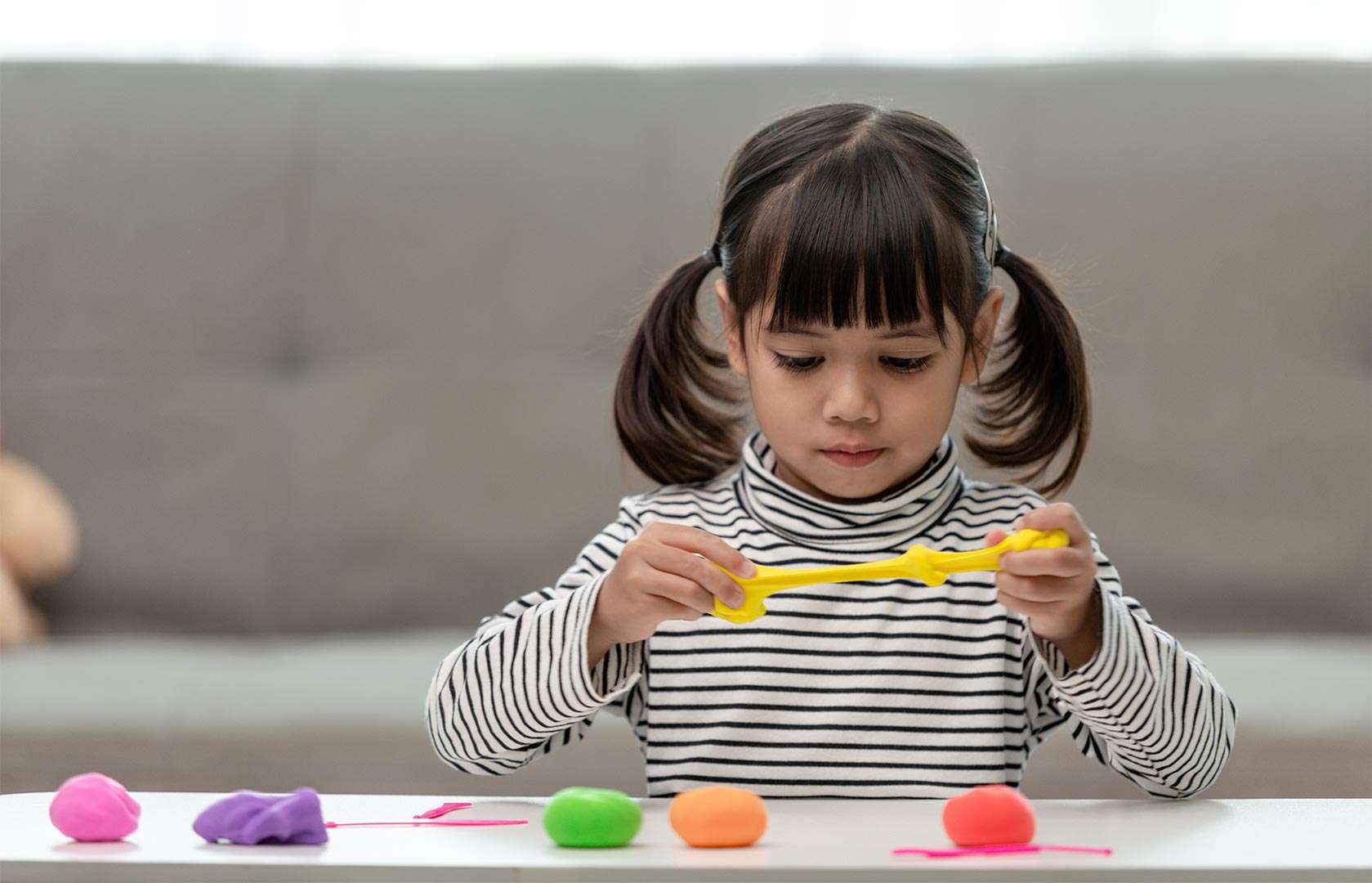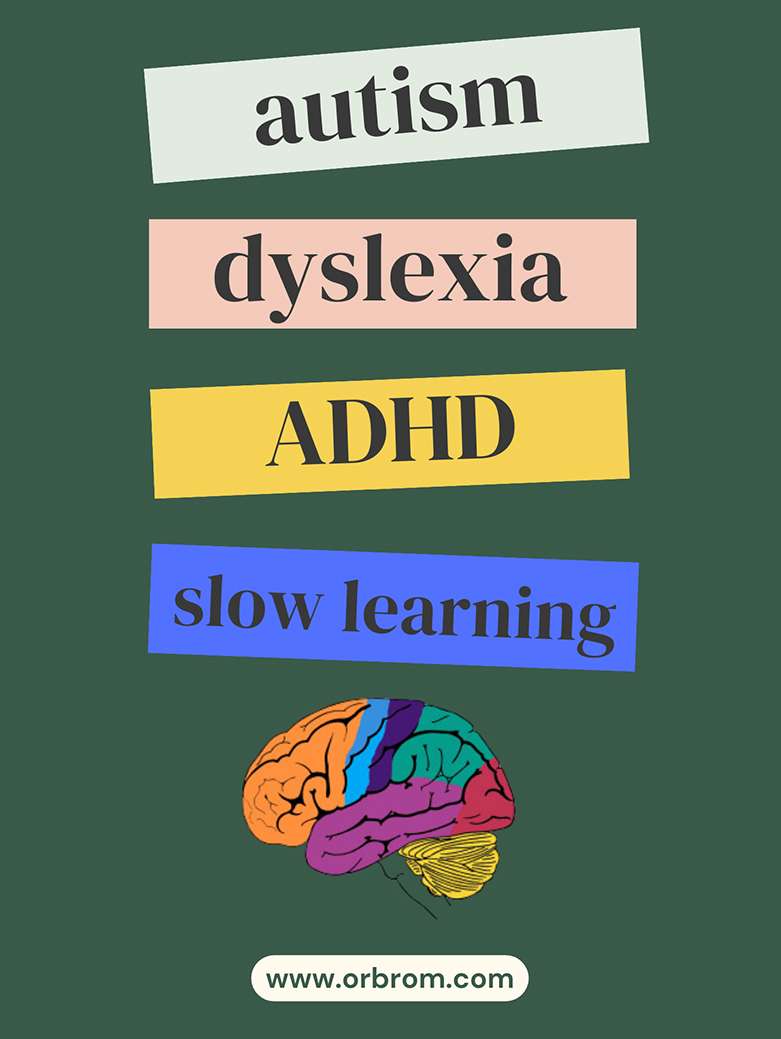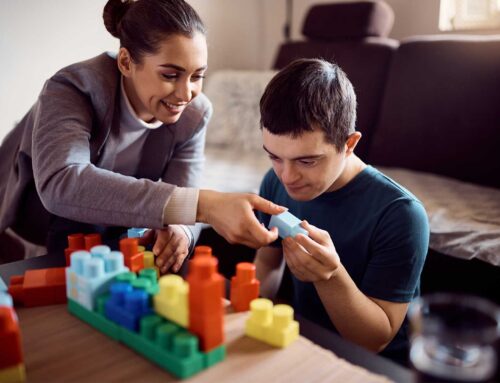Learning through play, also known as play-based learning, is a pedagogical approach that emphasizes the use of play as a tool for acquiring knowledge and developing essential skills. This approach is rooted in the belief that children naturally learn through exploration, experimentation, and social interaction, and that play provides an engaging and stimulating environment for these processes to occur.
lay-based learning has gained significant traction in recent years due to a growing body of research that supports its effectiveness. Studies have shown that play can enhance cognitive development, language acquisition, social-emotional skills, and creativity. Moreover, play can foster a positive attitude towards learning, making it a valuable tool for motivating and engaging students.
Benefits of Play-Based Learning
The benefits of play-based learning are multifaceted and extend across various domains of child development. Some of the key benefits include:
-
Cognitive Development: Play provides opportunities for children to explore concepts, test ideas, and solve problems, all of which contribute to cognitive growth.
-
Language Acquisition: Play encourages children to engage in verbal communication, expanding their vocabulary and developing their language skills.
-
Social-Emotional Skills: Play facilitates social interactions and cooperation, allowing children to develop empathy, self-regulation, and conflict resolution skills.
-
Creativity: Play sparks imagination and creativity, enabling children to express themselves freely and explore new possibilities.
-
Motivation and Engagement: Play makes learning enjoyable and stimulating, fostering a positive attitude towards education and increasing student engagement.
Implementing Play-Based Learning in the Classroom
Incorporating play-based learning into the classroom requires careful planning and consideration of the specific learning objectives. Here are some key strategies for implementing play-based learning effectively:
-
Create a Playful Environment: Design the classroom to be conducive to play, with open spaces, flexible furniture, and a variety of play materials.
-
Provide Opportunities for Exploration: Offer children open-ended play materials that encourage exploration, experimentation, and discovery.
-
Engage in Guided Play: Engage children in guided play activities that incorporate specific learning objectives, while allowing for flexibility and child-led exploration.
-
Facilitate Social Interaction: Encourage social interactions during play, providing opportunities for children to collaborate, communicate, and solve problems together.
-
Observe and Reflect: Regularly observe children’s play and use these observations to inform instruction and adapt play activities accordingly.
Play-based learning is a powerful approach to education that can effectively promote learning and development across various domains. By incorporating play into the classroom, educators can create a stimulating and engaging environment that fosters a love of learning and prepares children for success in life.
OrbRom Center Approach
OrbRom‘s approach to play-based learning is carefully orchestrated, ensuring that each child’s unique needs are met. Experienced therapists and educators craft engaging activities that cater to individual developmental stages and learning styles.
Sensory play experiences stimulate the senses, providing a rich foundation for cognitive development. Children engage with colorful textures, soothing sounds, and captivating aromas, igniting their curiosity and fostering sensory awareness. Contact OrbRom Center Today!
Services for Autism, ADHD, Dyslexia, Spelling Difficulty, social and slow learning, Down Syndrome, and Selective Mutism. OrbRom is the best option in Phnom Penh.
If you are concerned about your child’s development, Contact OrbRom Center for Assessments.
Phone/Telegram: 077.455.993
Telegram Link: https://t.me/OrbRom







